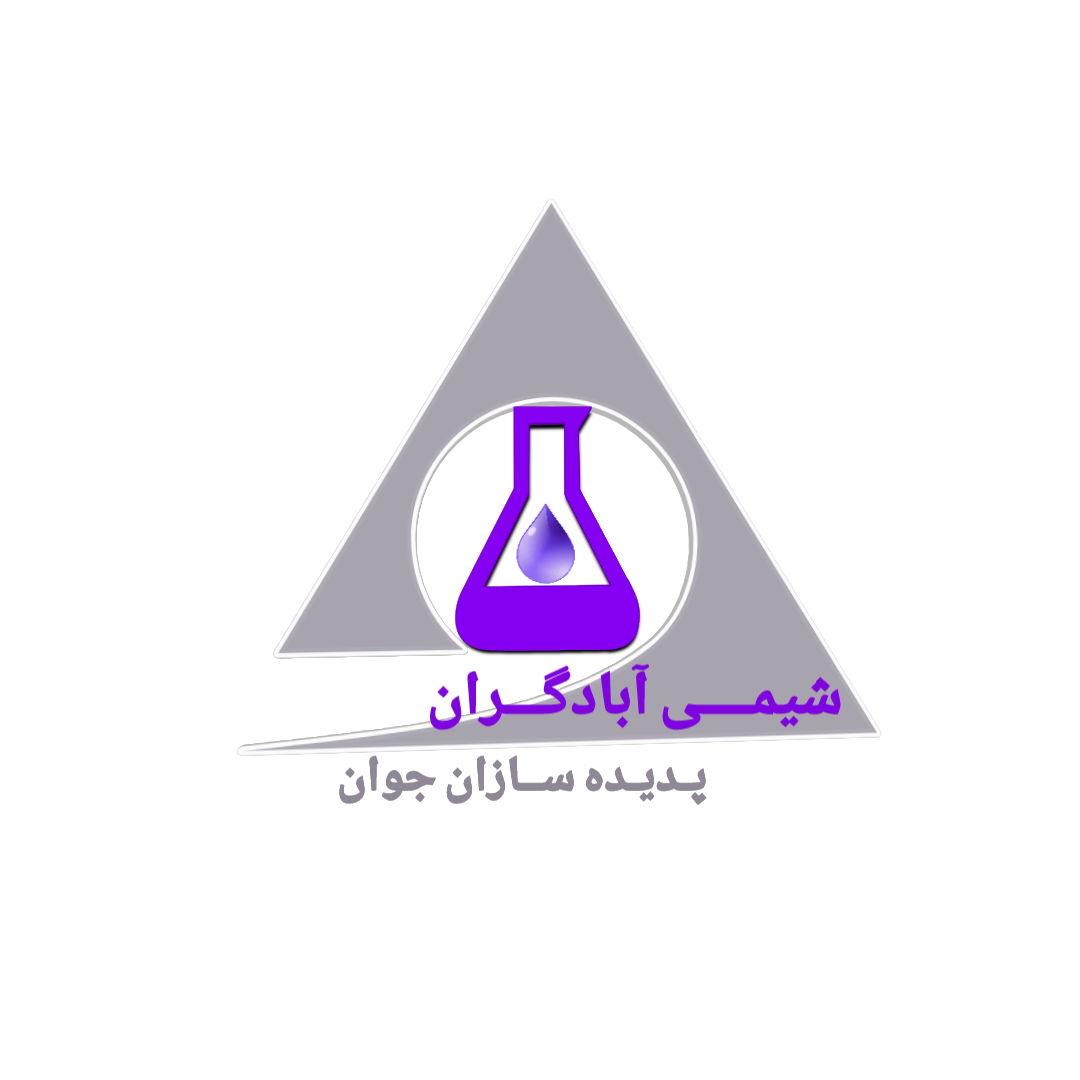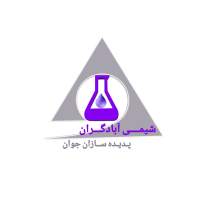What is mass concrete

In this article, we discuss what mass concrete is. To buy and know the price of super lubricant, tile adhesive, anti-acid mortar, rebar planting adhesive, concrete restorer, epoxy and antifreeze grout, etc., you can contact Shimi Abadgaran company.
فهرست مطالب
- 1 What is mass concrete
- 2 Characteristics of mass concrete
- 3 Thermal cracks observed in various mass concrete structures are listed below:
- 4 Temperature control in bulk concrete
- 5 The main factors that can affect the temperature of concrete are:
- 6 Methods of pre-cooling concrete materials to achieve a lower maximum temperature for mass concrete are:
- 7 Composition of mass concrete standards -ASTM
- 8 The specifications of cement, pozzolans, additives, aggregates and water used in making mass concrete are as follows:
- 9 1. Cement in bulk concrete
- 10 2. Pozzolan in bulk concrete
- 11 3. Blast furnace granulated iron (GGBS) in mass concrete
- 12 4. Chemical additives in bulk concrete
- 13 5. Aggregates in bulk concrete
- 14 6. Water in bulk concrete
- 15 Purchase and price of super lubricant, tile adhesive, anti-acid mortar, rebar planting adhesive, concrete restorer, epoxy grout and antifreeze company Shimi Abadgaran
- 16 the address of Central office
- 17 Address of Shahriar factory
What is mass concrete
Bulk concrete is defined as heavy volume concrete work with large dimensions and boundary conditions that are prone to high temperatures due to higher rates of heat of hydration.
High temperature in concrete leads to high thermal stresses, cracking and reduced long-term strength. Therefore, the main factor differentiating mass concrete from ordinary concrete is its thermal behavior.
Mass concrete is a term associated with large cast-in-situ structures such as dams, bridge piers, foundations of a large building, and large (at least 1 m deep) concrete emplacements.
This article explains the important properties and composition of mass concrete.
Characteristics of mass concrete
Defines mass concrete as “any volume of structural concrete where a combination of cast member dimensions, boundary conditions, concrete mix properties, and environmental conditions can lead to deterioration. Thermal stresses, cracking, Harmful chemical reactions or reduction of long-term strength as a result of increased concrete temperature due to heat of hydration.
The hydration reaction in bulk concrete releases a lot of heat. The absence of a suitable mode to dissipate this heat leads to a higher temperature difference between the internal and external surface of the mass structure, which further leads to thermal stresses and cracks.
Thermal cracks create pathways for air and water to reach the reinforcing steel, leading to corrosion. Hence, thermal cracks pose a durability problem.
Mass concreting is always designed and carried out with an emphasis on thermal behavior, which, if ignored, affects the integrity of the structure and the integrated performance of the structure.
Thermal cracks observed in various mass concrete structures are listed below:
| Type of mass concrete structure | Thermal crack shape |
| Great foundation | Random map cracks |
| Walls | A series of vertical cracks, wider at the base |
| arrows | Cracks with uniform spacing perpendicular to the longest dimension of the beam |
At temperatures above 160°F, unstable hydration products are produced, called delayed ettringite formation (DEF). DEF expands with concrete over time, leading to significant cracking.
Temperature control in bulk concrete
The main factors that can affect the temperature of concrete are:
- The combination of cement and elegance
- Aggregate content and thermal expansion coefficient
- Cross section geometry
- Material temperature
- Temperature during placement
Methods of pre-cooling concrete materials to achieve a lower maximum temperature for mass concrete are:
- Using crushed ice with water in the summer to reduce the temperature of the mass concrete mixture by 10 degrees Fahrenheit.
- Fine and coarse aggregates can be pre-cooled in wet conditions using vacuum impregnation and liquid nitrogen injection.
- Post-cooling is sometimes done to keep the maximum temperature of the hardened concrete below 75 degrees Fahrenheit.
- After placement, the maximum temperature in mass concrete should not exceed 160 degrees Fahrenheit to avoid DEF.
- The temperature difference between the center and the surface of the location should not be more than 35 degrees Fahrenheit.
Composition of mass concrete standards -ASTM
The specifications of cement, pozzolans, additives, aggregates and water used in making mass concrete are as follows:
1. Cement in bulk concrete
Types of cement that can be used to make mass concrete are given in ACI 207.2R and 207.4R. Portland cement (ASTM C150), blended cement (ASTM C595) and hydraulic cement (ASTM C 1157) are some of the cements used to make mass concrete.
Portland cement can be used with pozzolan or any other type of cement for bulk concrete. During the process, batching is done separately in the mixing plant. Limiting cement content can reduce temperature and help economy.
2. Pozzolan in bulk concrete
Pozzolans in mass concrete reduce internal heat generation, improve workability, reduce the likelihood of alkali-aggregate reaction, and provide better economics. However, the properties of pozzolans are different. Hence, they should be tested together with project cement to measure its contribution to bulk concrete.
3. Blast furnace granulated iron (GGBS) in mass concrete
GBS or slag cement is used separately with Portland cement in bulk concrete. Standard requirements for slag cement used in concrete are given in ASTM C 989.
Incorporation of slags slows down the rate of heat generation because they slow down the rate of hydration. They also reduce permeability, expansion of reactive aggregates and improve workability.
4. Chemical additives in bulk concrete
Important chemical admixtures used for mass concrete are: air entrainer, water reducer and reducer. Detailed specifications for these mixtures are given in ACI 212.3R and ASTM C494.
Chemical admixtures help to reduce the heat of evolution during the hardening of bulk concrete. In addition, they help increase strength, durability, wear and erosion resistance.
5. Aggregates in bulk concrete
Detailed information on fine and coarse aggregates used in construction is defined in ASTM C125 and ACI 221R.
Grading of fine aggregates affects the workability of bulk concrete.
Coarse aggregate used for bulk concrete should be hard, dense, durable and uncoated particles.
6. Water in bulk concrete
Water used for bulk mixing of concrete shall be free from materials that significantly affect the hydration reaction of Portland cement. Chloride content limits for water used for various construction purposes are listed in ACI 201.2R.
Purchase and price of super lubricant, tile adhesive, anti-acid mortar, rebar planting adhesive, concrete restorer, epoxy grout and antifreeze company Shimi Abadgaran
With more than two decades in the field of manufacturing chemical products for the construction industry, Abadgaran Chemi Company, in addition to producing more than a hundred types of construction chemical products, has a history of cooperation in implementation and consulting in large national, personal and corporate projects. Shimi Abadgaran Company has a large share in construction chemical products and has more than fifty production forces and laboratories. These are only a part of the extensive cooperation of chemical growers during these years. To buy and know the price of super lubricant, tile adhesive, rebar planting adhesive, anti-acid mortar, rebar planting adhesive, concrete repairer, epoxy and antifreeze grout and polymer mortars, anti-acid mortar, super lubricant and concrete repairer. , epoxy grout, anti-acid mortar, etc. You can contact Shimi Abadgaran company.

